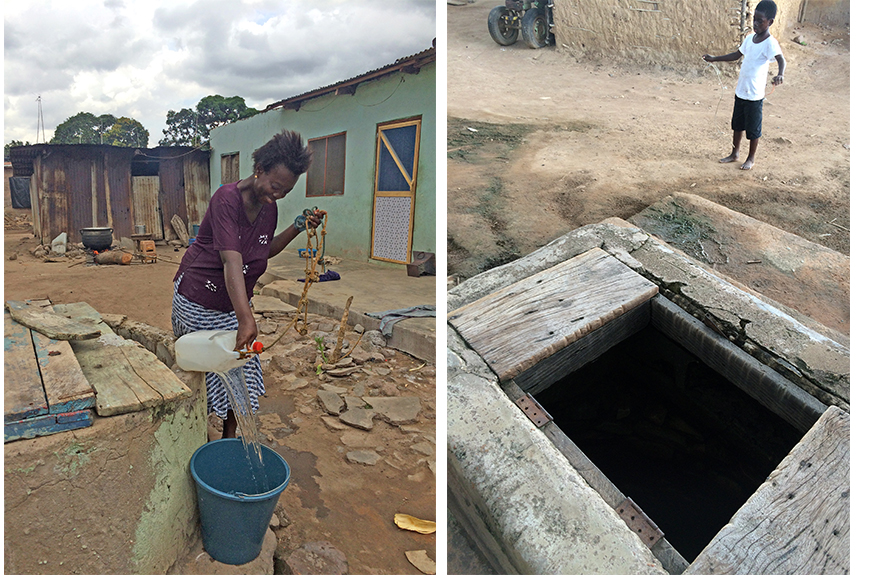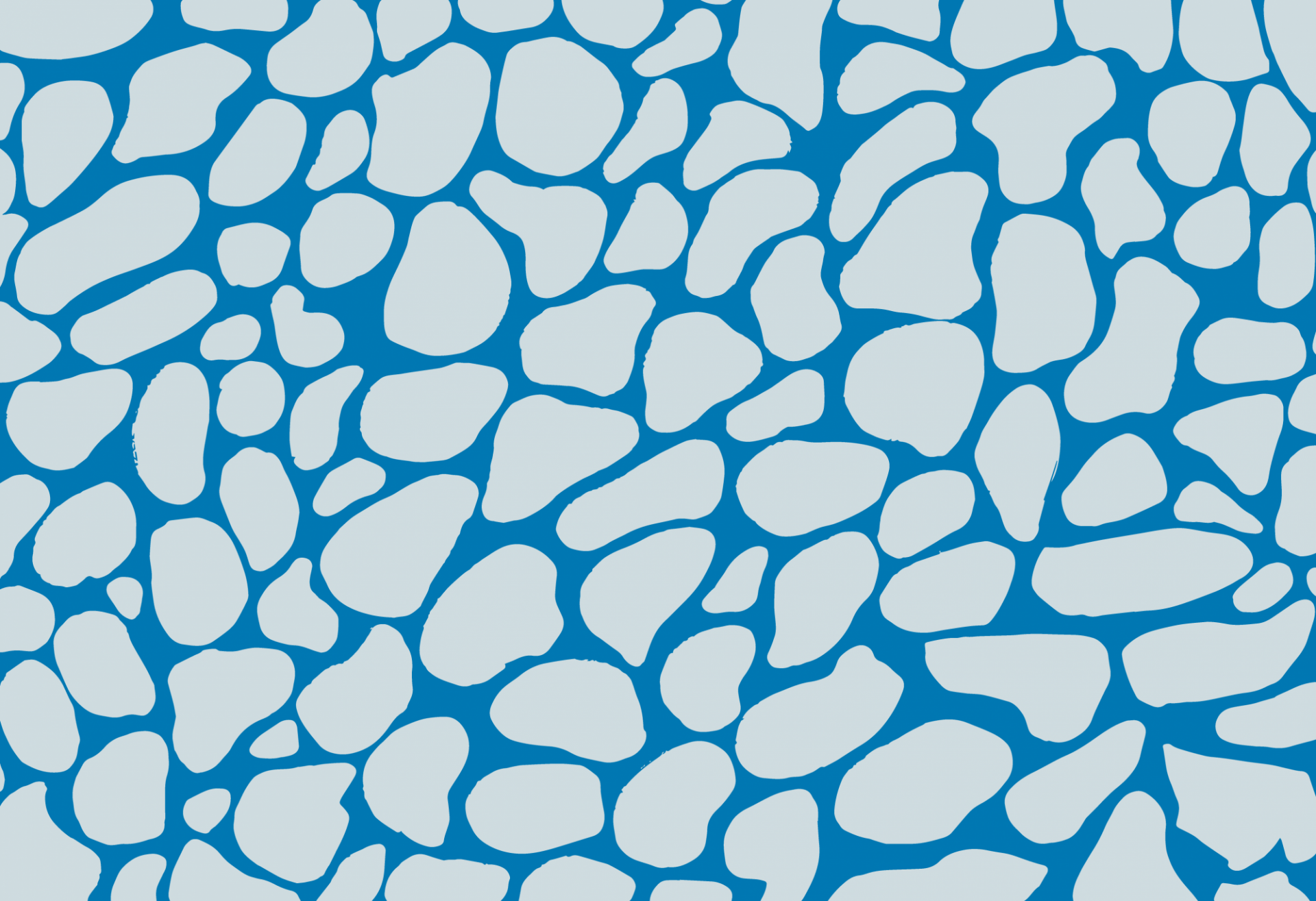Groundwater: a strategic resource for improved resilience
Urban Ghana is increasingly water stressed and needs to diversify its drinking water sourcing to spread risks and improve resilience, finds paper by SIWI’s Dr Jenny Grönwall.

Water insecurity is a growing global concern. A range of factors, including urbanization, put pressure on water supply systems. Groundwater resources offer opportunities to improve resilience against recurring droughts and chronic surface water shortages.
In Accra, just as in many growing cities of the Global South, increasing demand for water is often met with large infrastructure investments in surface water schemes and an ever-expanding piped network. Groundwater is often dismissed with a general reference to its low quality and health risks. But for end-users—particularly poor (peri-) urban households—‘resilience’ translates into managing, on an every-day basis, to access water from different sources, for different purposes. To ensure universal and equitable access to safe and affordable drinking water by 2030, planners and decision makers should learn from the coping mechanisms of poor households, by developing a diversification approach.
Based on a case study of Dodowa, a low-income township of some 12,000 people on the outskirts of the Greater Accra region in Ghana, a new paper by SIWI’s Dr Jenny Grönwall brings the following recommendations:
- Plan for conjunctive use of water
Water services and security can be improved by an integrated approach to urban water management and governance that acknowledges the importance of all available resources, including groundwater; - Enhance buffering capacity
The resilience lens tells us to expect the unexpected. Groundwater and aquifers can buffer the effects of climate variability, but to fully tap in to this potential a more robust, context-specific understanding of groundwater as a resource—and how the use of it and dependency on it differ among end-users—is needed; - Build resilience into governance
Planning for resilience involves seeing groundwater reserves as strategic to augment water utility supply in communities not, or only intermittently, served. This would also increase the viability of water utilities by reducing risks to the raw water base through diversification; - Raise end-users’ resilience
Deteriorating groundwater quality needs attention. In places such as Dodowa, due consideration must be given to the possibilities and advantages of treating the groundwater centrally before distribution through the reticulated network, at the point of abstraction, and/or at point-of-use.
Learn more about Groundwater
Groundwater has been out of sight and out of mind for too long. When we protect groundwater we save lives and ecosystems, improve health, reduce hunger and tackle climate change all at once.
Learn more







